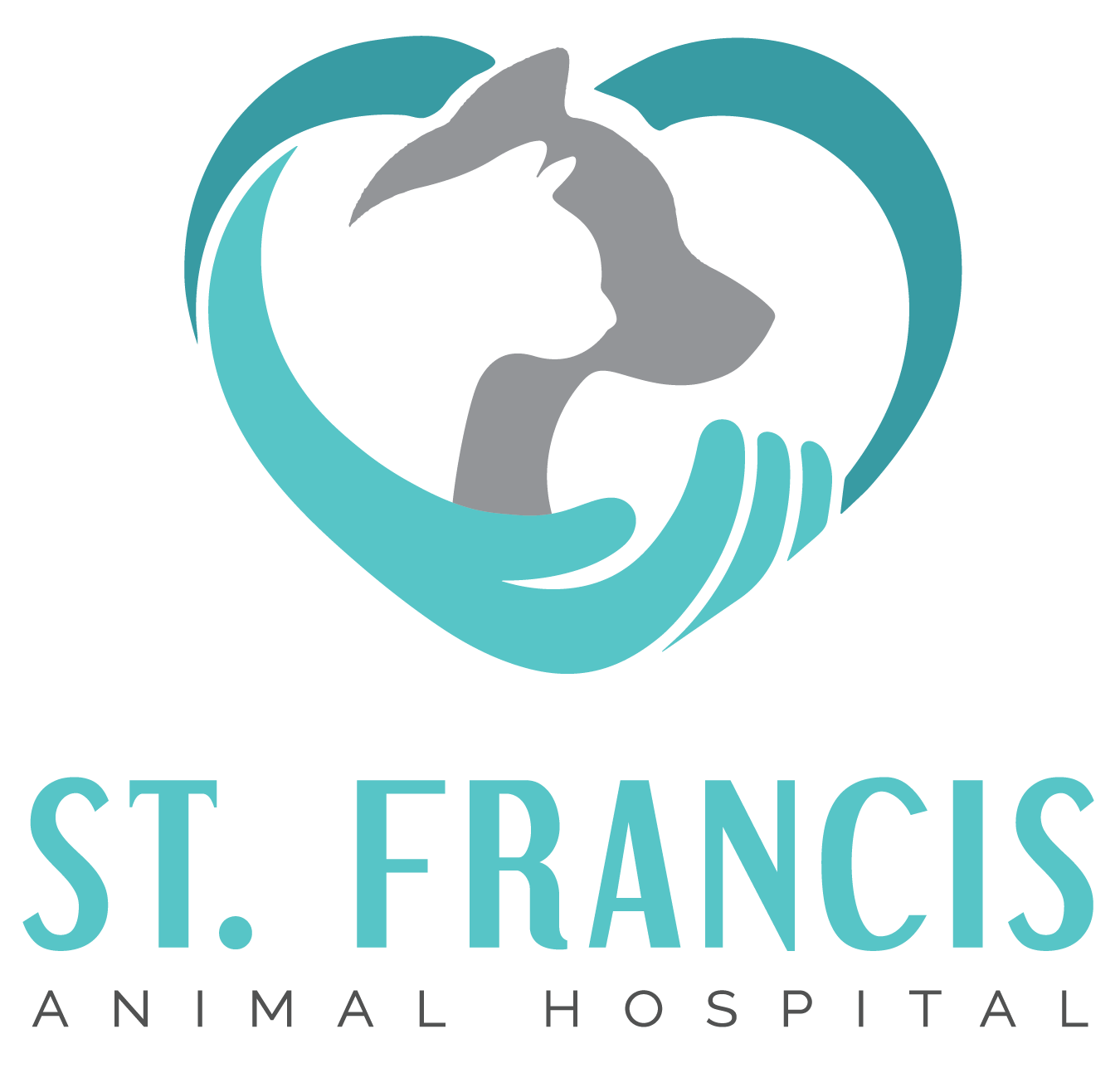We perform a broad range of diagnostic services, including blood tests, urinalysis, cytology, skin scrapings, and fecal analysis in our in-house laboratory, allowing us to obtain fast and accurate results.
We conduct complete blood counts, blood serum chemistry, thyroid testing, glucose tests, and SNAP testing for heartworm, tick-borne diseases (Lyme disease, Ehrlichia, and Anaplasma), feline immunodeficiency virus (FIV), and feline leukemia virus (FELV), as well as testing for giardia and pancreatitis. As the number of Lyme disease cases increases in Northern Virginia, quick and accurate testing for Lyme disease is essential. The sooner we diagnose your pet with Lyme disease, the sooner we can begin treatment.
For more complex testing, such as extensive or specialized blood testing and bacterial culture and sensitivity testing, we send samples to an outside referral laboratory for veterinary specialists to review.




